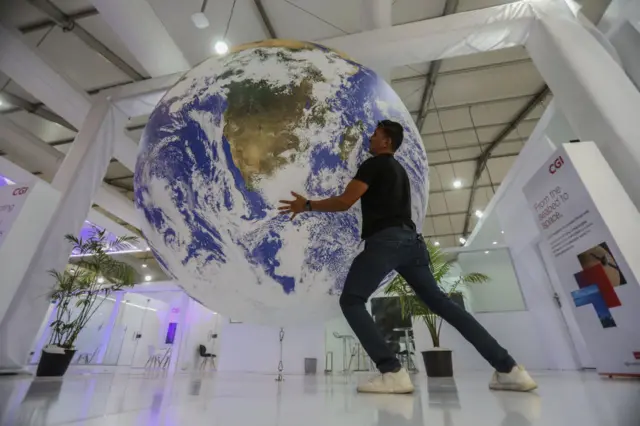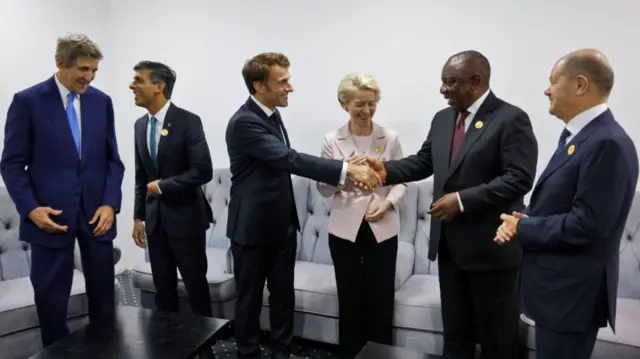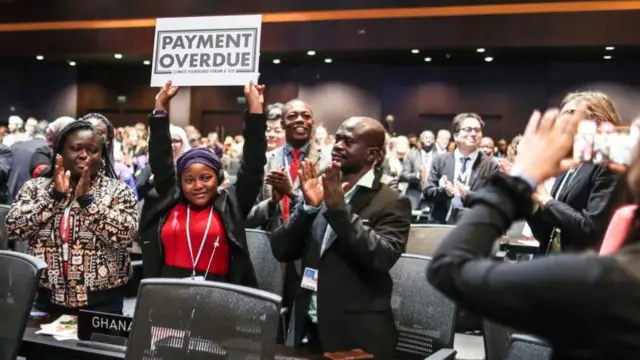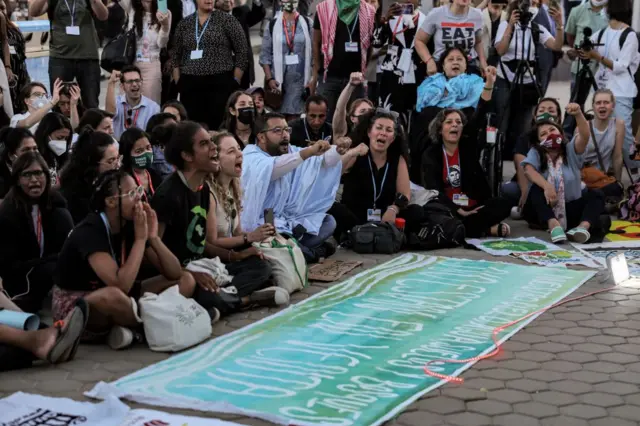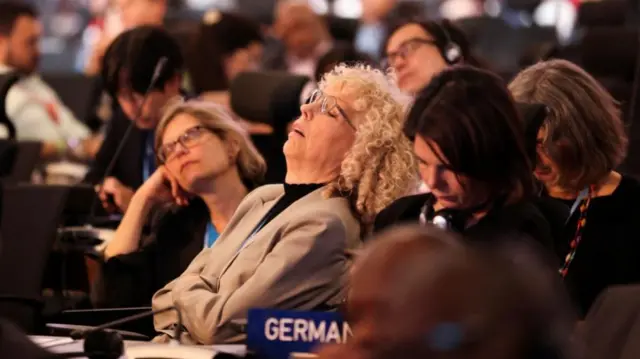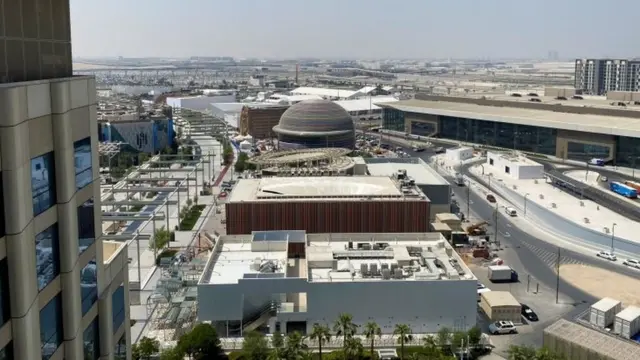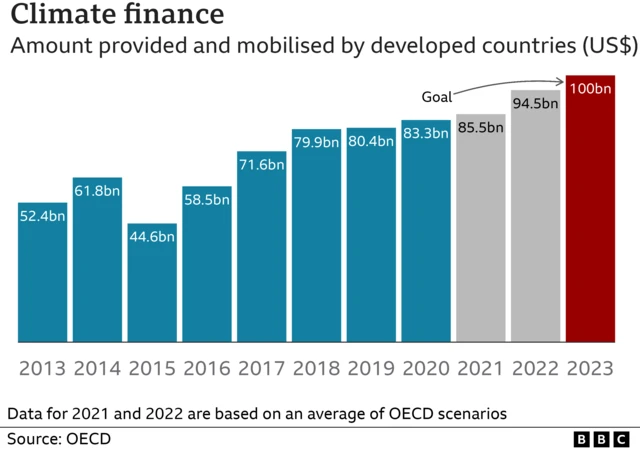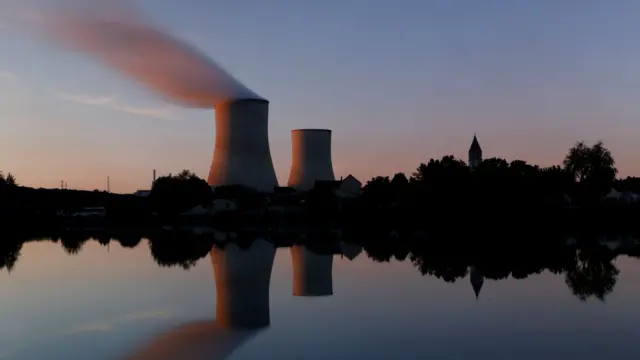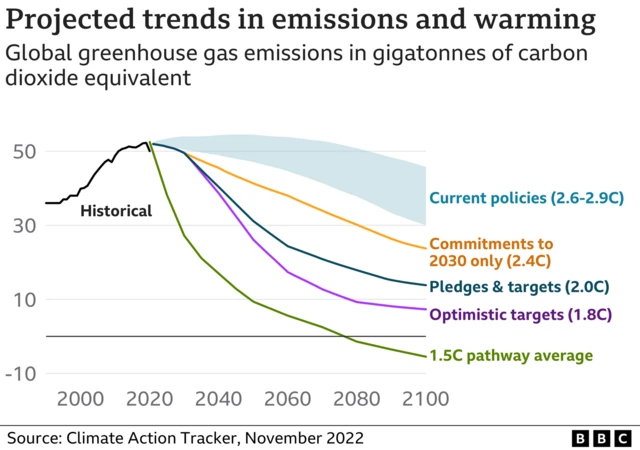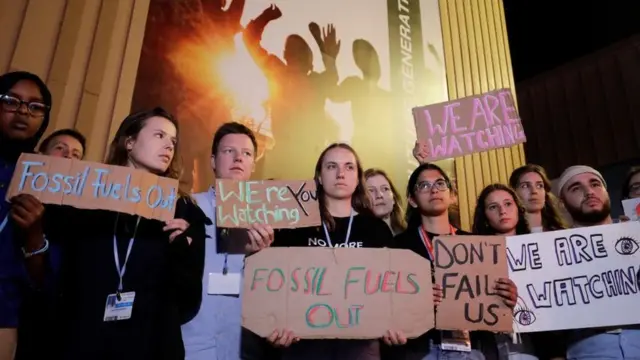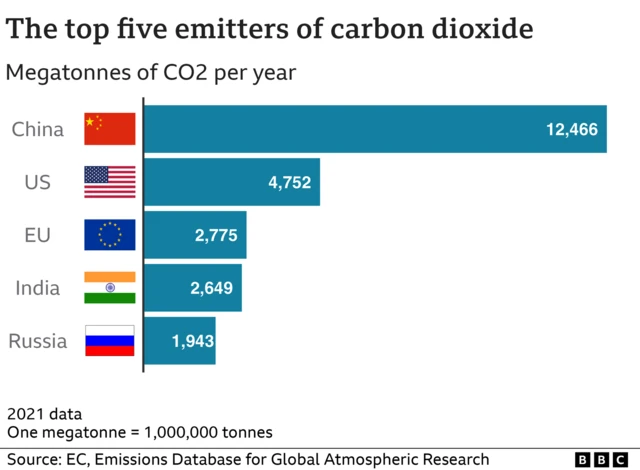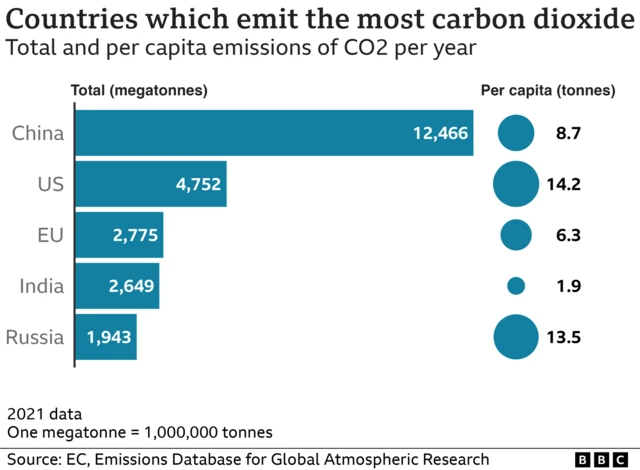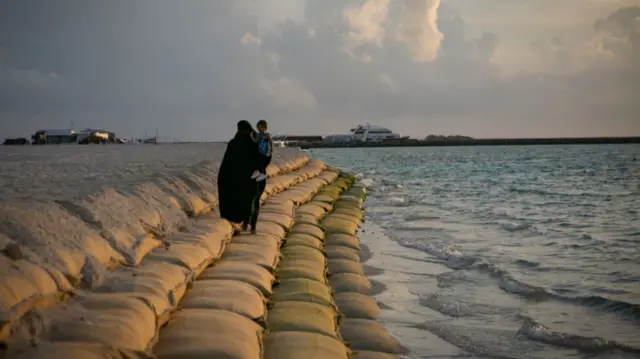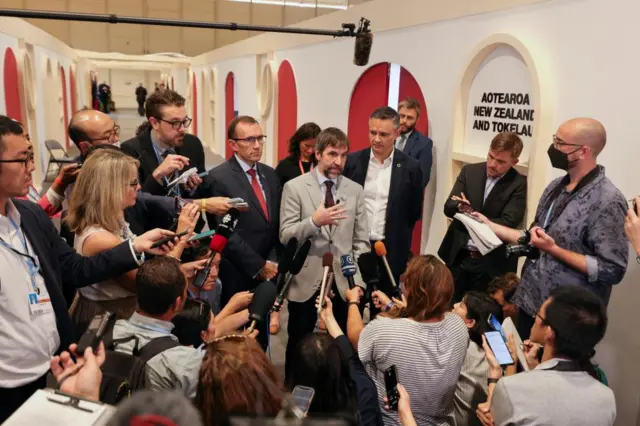Thanks for joining uspublished at 14:14 GMT 20 November 2022
That's it from us. This live coverage of the COP27 climate summit was brought to you by the BBC's climate editor, Justin Rowlatt, environment correspondent Matt McGrath, science correspondent Victoria Gill and climate reporter Georgina Rannard - all reporting from Sharm el-Sheikh, together with updates written by Esme Stallard, Patrick Hughes, Greg Brosnan, Elsa Maishman, Thomas Mackintosh and Jen Meierhans.
The page was edited by Heather Sharp, Sarah Fowler, Jeremy Gahagan, Tiffany Wertheimer, Dulcie Lee and Rob Corp.
You can read more on the climate summit here: Climate costs deal struck but no fossil fuel progress
And don't miss Matt McGrath's five key takeaways from the summit.
